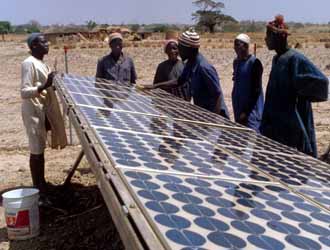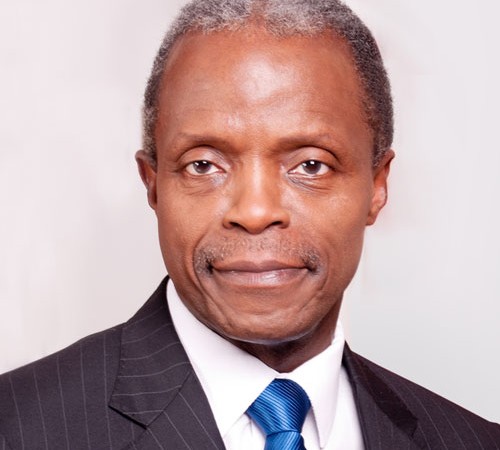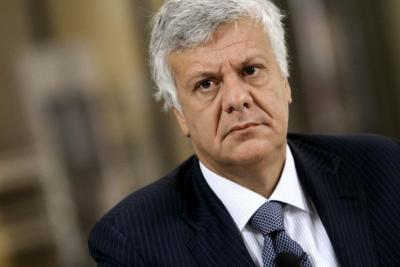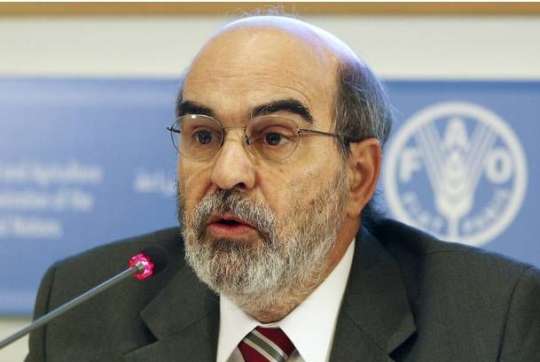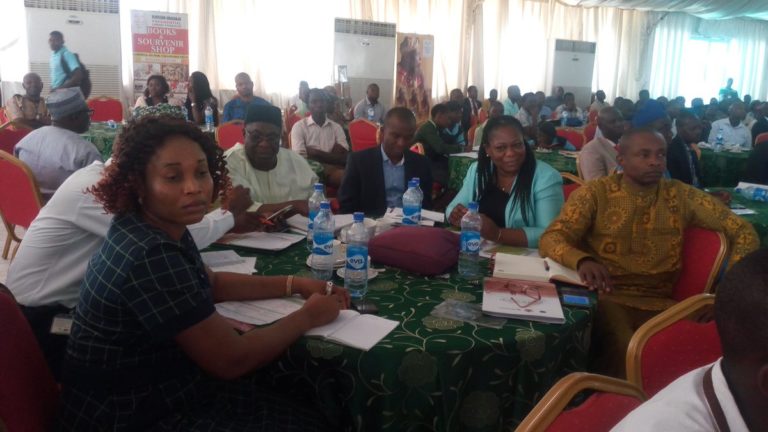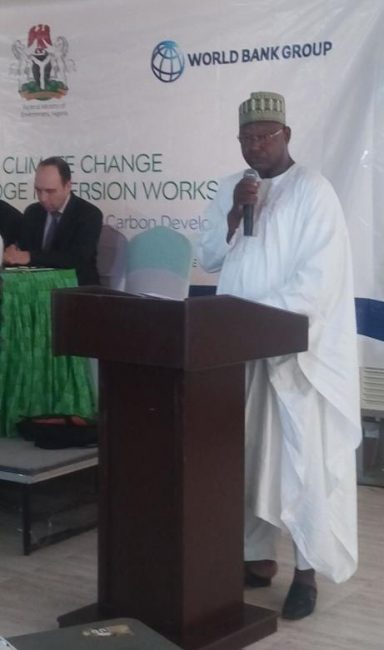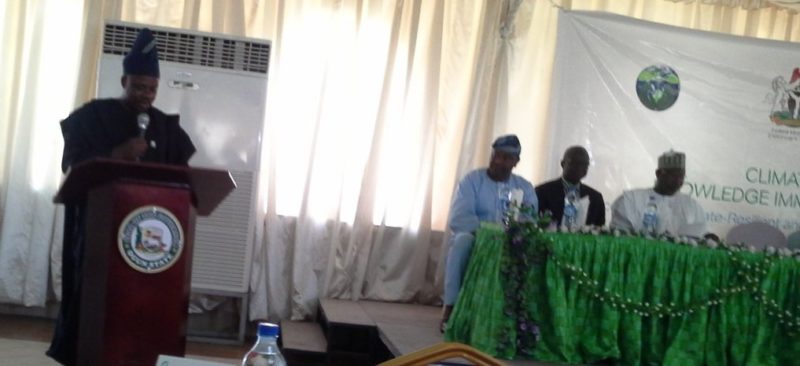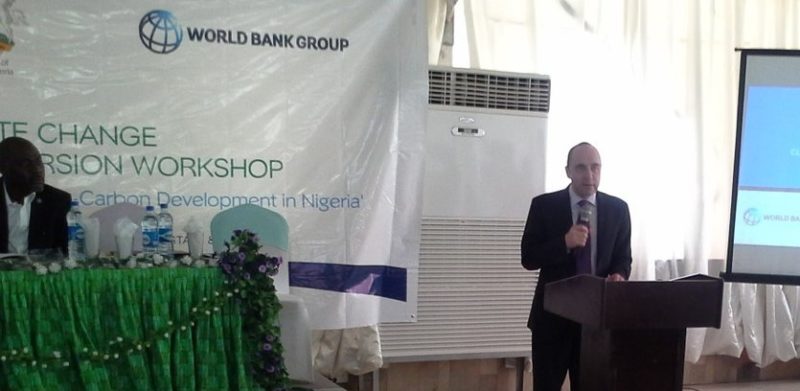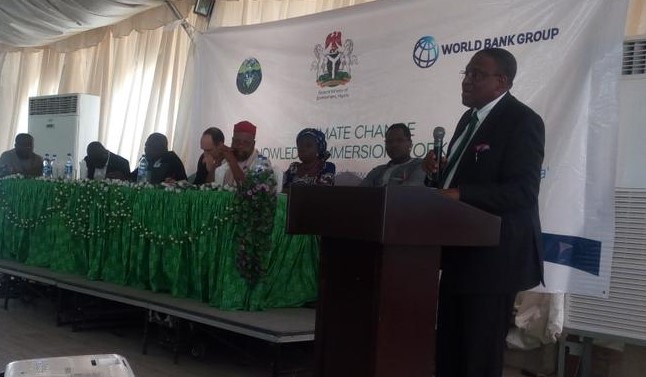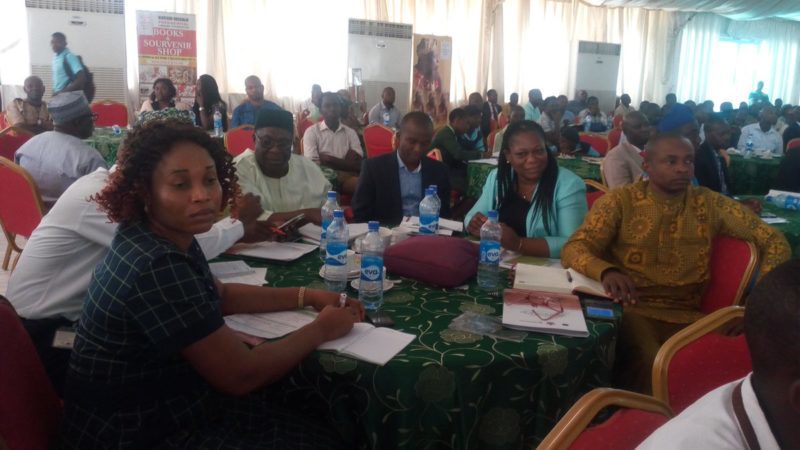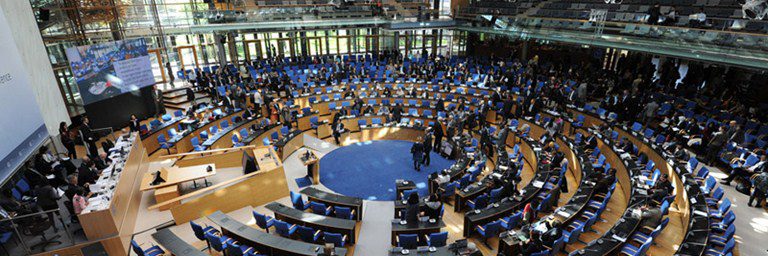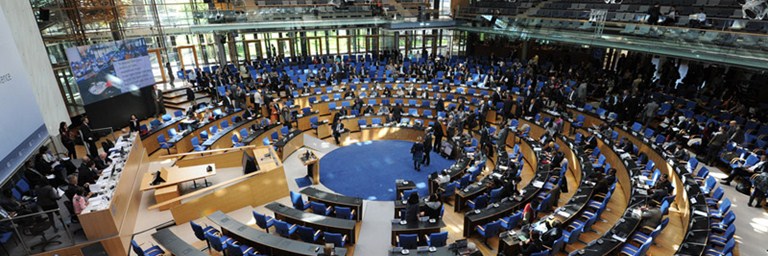Governor of Ogun State, Senator Ibikunle Amosun, has appealed to existing and new investors to embrace clean production technology to enhance the sustainability of the earth.

The governor made the submission in Abeokuta, Ogun State on Monday, February 13 2017 while declaring open the first leg of the Climate Change Knowledge Immersion Workshop series which was organised by the Federal Ministry of Environment’s Department for Climate Change and the World Bank.
According to the governor, “while we will always support all genuine efforts directed towards the development of our economy, we will also ensure that such does not have negative impact on the environment. This is why we also ensure that Environment Impact Assessment (EIA) comes before the approval of the project.”
Confirming the premium the administration places on the environment, Senator Amosun noted: “Our environment provides the foundation for all development efforts we have made so far, but as we continue to push forward our industrialisation agenda, we are not oblivious of the environmental cost as well.”
“As man tries to conquer his environment, he inadvertently creates a major challenge to his own existence,” he quipped, adding that “this is why we always encourage incoming investors to embrace clean production technology and provide plans for acceptable environmental management.”
Existing industries in the state – which is fast becoming a major industrial base due to its proximity to Lagos, the nation’s commercial capital – are also engaged to, “as much as possible, invest in emerging process technologies that do not only optimise resource utilisation but also feature very low environmental impact,” the governor said.
Therefore, the state has articulated a new and holistic environmental policy geared towards efficient and effective management of the environment. This includes dredging of river channels, cultivation of greenery on the medians alongside pedestrian walkways for an aesthetic environment, and recruitment of over 3,000 youths as Environmental Marshals by the state Ministry of Environment.

